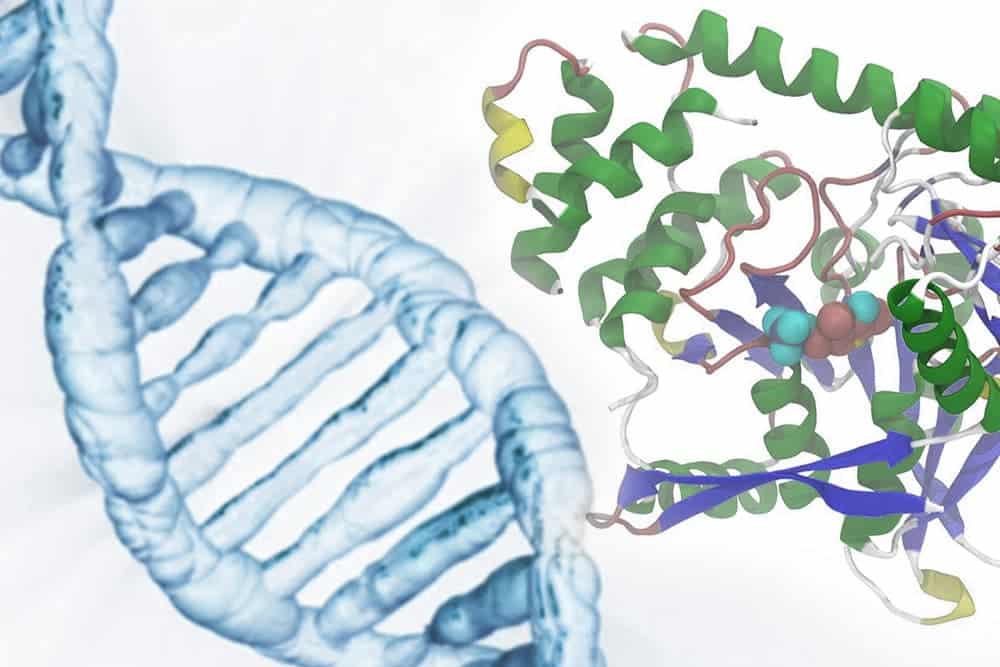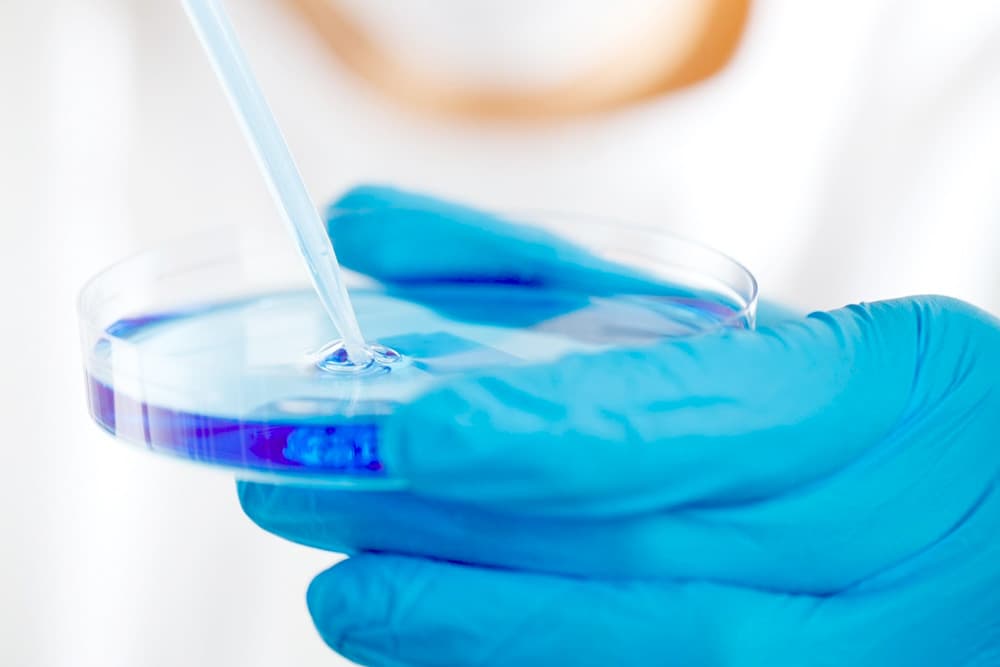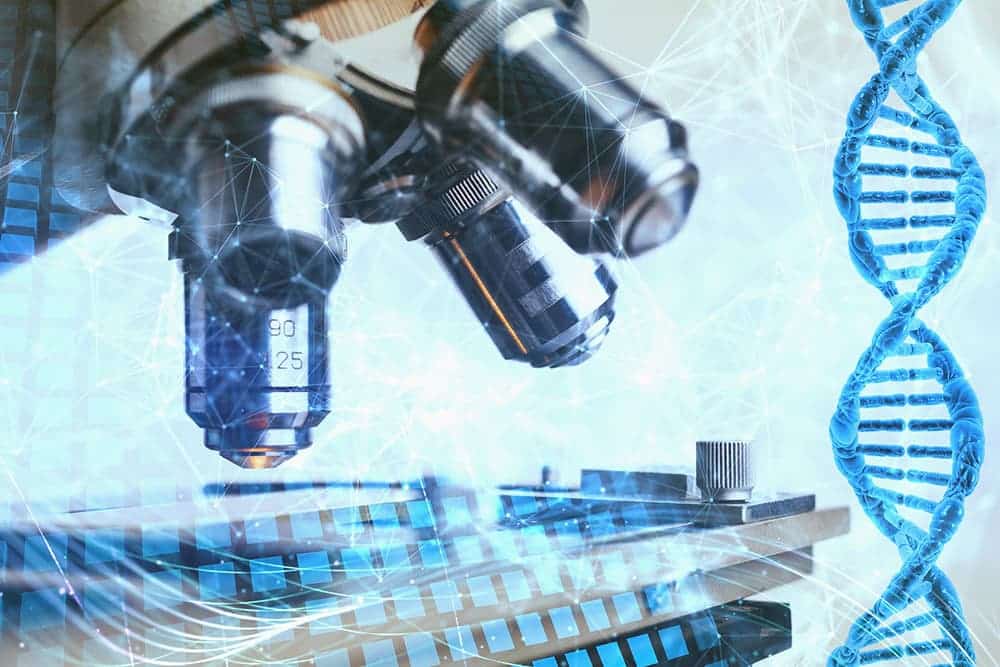What was the challenge or problem to solve?
INFINITIA’s Food Technology team has developed a novel solution in the field of microbiology and genetic modification of bacteria. We were faced with the need to produce an enzyme that presented a characteristic of interest and the difficulty that this enzyme was only present in a slow-growing microorganism. Therefore, to improve the production of the enzyme, we decided to introduce the gene that encoded it into a microorganism that would produce it more efficiently.

First, we had to identify the appropriate gene so that, when introduced into a bacterium, it would produce the enzyme. In a database, we located the sequence of the gene of interest that coded for the enzyme and acquired a plasmid containing the gene. We then cloned the gene into a particular bacterium, which was easily culturable and had a high capacity to express and produce enzymes. We selected the bacteria that had correctly introduced the gene and recovered some of them to continue with the protocol.
By adding a reagent to the medium that induced gene expression, we were able to produce, recover and purify the enzyme. This process allowed us to obtain the concentrated functional enzyme.
Finally, we had to verify that the enzyme was working correctly, for which we analyzed and verified that the enzyme actively presented the function of interest, thus achieving a higher productivity than with the initial bacterium.

